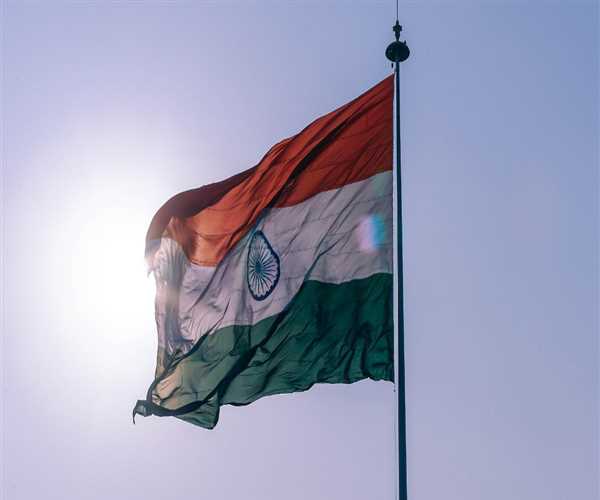India is a country of immense diversity, with many cultures, religions, languages, and customs. The concept of “softness” is highly subjective and often depends on the context and individual interpretation. India is neither a soft nor a hard country; it is a tapestry of many different cultures, beliefs, and approaches to life.
India’s culture is very complex, and it is difficult to make generalizations about it. Different regions, religions, and castes often have different norms and values, and even within a given region, different families may have their own values. Generally speaking, India’s culture is characterized by a sense of respect for others and a willingness to compromise and accommodate differences. This “softness” is evidenced in the way that families, communities, and even strangers interact.

In India, there is a strong emphasis on hospitality, and visitors are always welcomed and respected. Indians are known for their generous and warm hospitality, and this is one of the country’s defining characteristics. This “softness” is also seen in how Indians interact with each other. They are often willing to forgive and overlook minor slights and offenses. This is especially true in rural areas, where there is a strong sense of community and connection between people.
India is also known for its peaceful and non-violent approach to conflict resolution. This is evidenced in the way that people settle disputes, often through negotiation and compromise. India also has a strong tradition of non-violent resistance, which has been used to great effect in the past to achieve independence and other political goals.
India’s culture also promotes respect for the environment. Indians have a strong connection to nature, and they strive to protect it and maintain its balance. This is evidenced in the way that they use natural resources and in their respect for animals and plants.
India’s approach to education is also very “soft”. There is a strong emphasis on rote learning and memorization, but also a focus on developing critical thinking skills, creativity, and originality. Indian schools and universities also promote a spirit of cooperation and collaboration, rather than competition and individualism. This is reflected in the way that students are encouraged to work together to solve problems and find solutions.
In conclusion, India is a complex and diverse country, and it is impossible to make generalizations about it. While some might view India as a “soft” country, this is a subjective interpretation. India has many different cultures, beliefs, and approaches to life, and it is best to view it as a tapestry of different values and approaches.